During the struggle to liberate the South and unify the country, thousands of teachers from the North went to the South, both participating in building education in war zones and base areas and fighting with guns. In the midst of the war, teachers still tirelessly imparted knowledge day and night. The stories and memories of teachers are truly vivid and meaningful lessons, especially on the occasion of the anniversary of Vietnamese Teachers' Day, November 20.
Small dreams warm the soul
Teacher Nguyen Thi Yen Thu, Vice President of the Ho Chi Minh City Association of Former Teachers , said that at the age of 25, after graduating from the Literature Pedagogy Department of Hanoi Pedagogical University, she wrote a volunteer application to go to B. During the time she crossed Truong Son to the South, difficulties were always present.
"We are not afraid of climbing mountains or wading streams. The teachers are most afraid of the days when they have their menstrual cycle. Going to normal areas is still bearable, but if we go to areas without water or areas contaminated with chemicals, doing laundry is very difficult."
On the way, there were times when the rice ran out, so the whole group sat under the kơ nia tree and ate fruit to survive. During those difficult times, the women shared their simple dreams of the country's reunification. Those dreams were like small fires, warming the hearts and giving the whole group strength to overcome hardships.
"We told each other that if the country was completely liberated, if we were still alive, we would make a big jar of lemonade to drink freely when we went out. Because at that time, we had no water to drink. Some people also wished that, in addition to the money to buy food, they would buy all the candy in the house, so that they could eat it whenever they wanted," Ms. Yen Thu recounted.
In Ms. Yen Thu's memory, besides the stories of hardship, there are also "half-crying, half-laughing" stories, making her youth more memorable. Like the story of cooking in the forest, when enemy planes were approaching, because of fear of being discovered by the enemy, the sisters put out the fire by randomly rubbing firewood, causing smoke to rise.
At that time, there was a soldier who quickly helped and showed them how to put out the fire with water. Through each encounter, the women gained more experience living in the forest and became more mature. Ms. Yen Thu said that despite the hardship, because they were from the South and remembered Uncle Ho's teachings, no one was discouraged.
At the battlefield in Zone D (Dong Nai), she and her teammates worked in the forest, both teaching cultural courses to cadres and participating in battles during enemy sweeps. When peace was restored, she continued to contribute to the cause of "growing people".
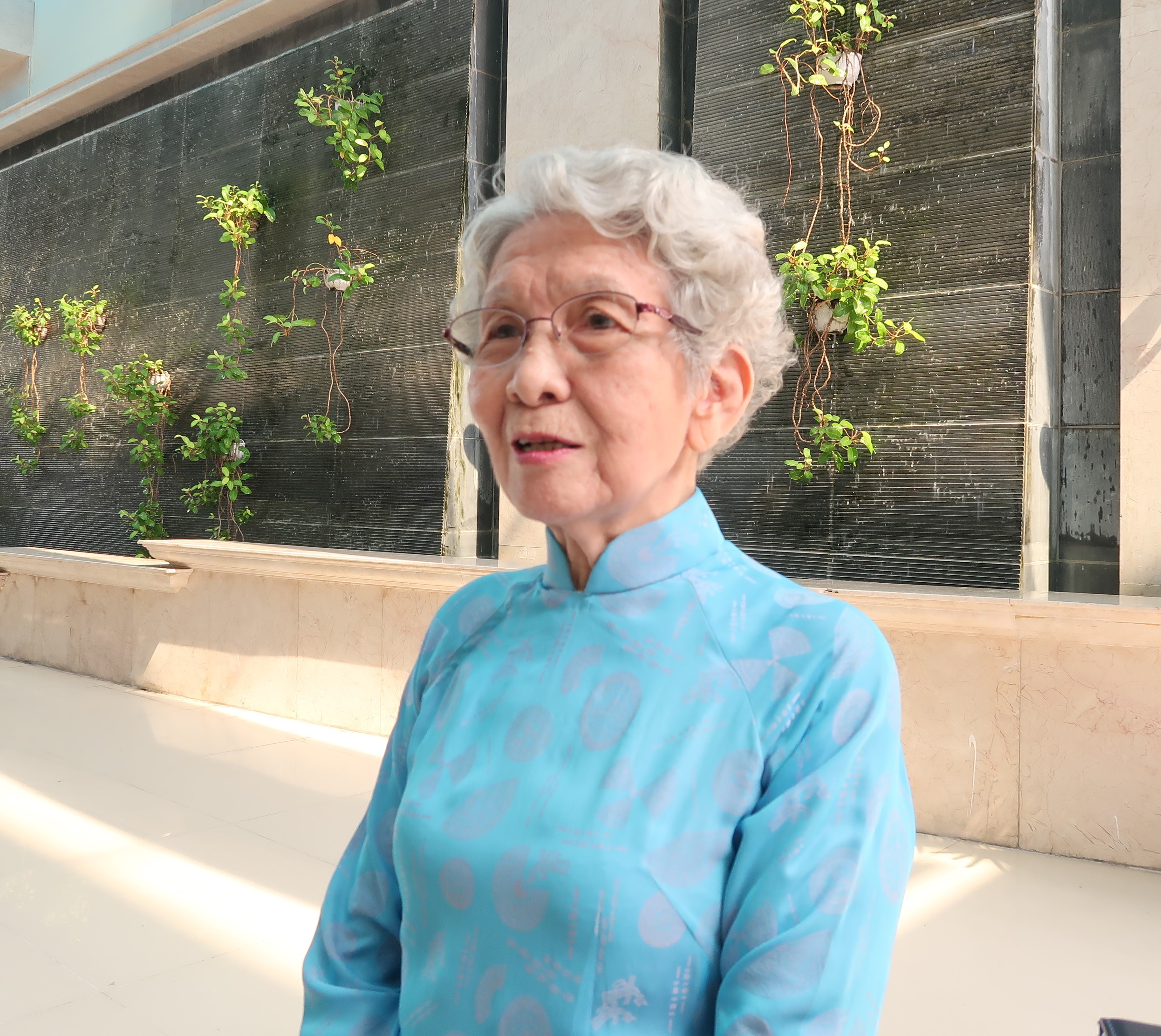
Teacher Tran Thi Vinh
"Teachers with guns"
As for teacher Tran Thi Vinh, originally from Bac Ninh, the memories of the hardships of her time in B cannot be erased. Those were the days of crossing Truong Son and walking to the South with blistered feet, the days of sleeping in hammocks in the forest, and the days of hunger and cold, lack of water, and the times of homesickness.
"Many times, our group traveled all night and then returned to the same place because we didn't know the way. There were times when we didn't even have water to drink, let alone water for personal hygiene," said Ms. Vinh.
Teachers of all generations love their country, their profession and their students, wholeheartedly training useful citizens for the country. Under the “rain of bombs and bullets”, the classrooms still teach letters and rhymes, nurturing generations. I hope that today’s young people will continue to strive, persevere, do their best, and contribute much to the community.”
Teacher Tran Thi Vinh
At the base of the Central Office for Southern Vietnam (Tay Ninh), Ms. Vinh was assigned to undertake many different tasks, from war correspondent to printing house employee and then teaching. After liberation, she became Vice Principal of Gia Long School (currently Nguyen Thi Minh Khai High School, in Ho Chi Minh City).
Sharing at the meeting of teachers who went to B, teachers in the inner city organized by the Department of Education and Training of Ho Chi Minh City recently towards Vietnamese Teachers' Day November 20, Mr. Nguyen Ho Hai, Standing Deputy Secretary of the Ho Chi Minh City Party Committee, said that the subjects who went to B were initially the armed forces, but after the National Liberation Front of South Vietnam was established (December 1960) and the revolutionary movement moved to a new stage, the subjects who went to B were expanded, from engineers, doctors, to teachers, artists, reporters... were all mobilized to go to the South to fight and work.
Teachers left the podiums of high schools and universities in Hanoi and the provinces and cities in the North, crossed the Truong Son mountain range to the South, were assigned to important battlefields, from the Central Highlands to the East and Southwest, and became "teachers with guns".
"We, the next generation, are always grateful and appreciate what our teachers have done for the country. The valuable lessons about the will, determination, dedication and enthusiasm of our teachers have been and are the motivation to help us overcome all difficulties and challenges in life and work," said Mr. Nguyen Ho Hai.
Teachers who went to B were teachers mobilized from the North to go to the South to fight and work. From 1961 to 1973, there were 10 B trips with more than 2,700 teachers leaving the podiums of high schools and universities in Hanoi and the provinces and cities in the North to cross the Truong Son mountain range to the South.
Source: https://phunuvietnam.vn/ky-uc-nam-gai-nem-mat-cua-nhung-nha-giao-di-b-20241119165550298.htm







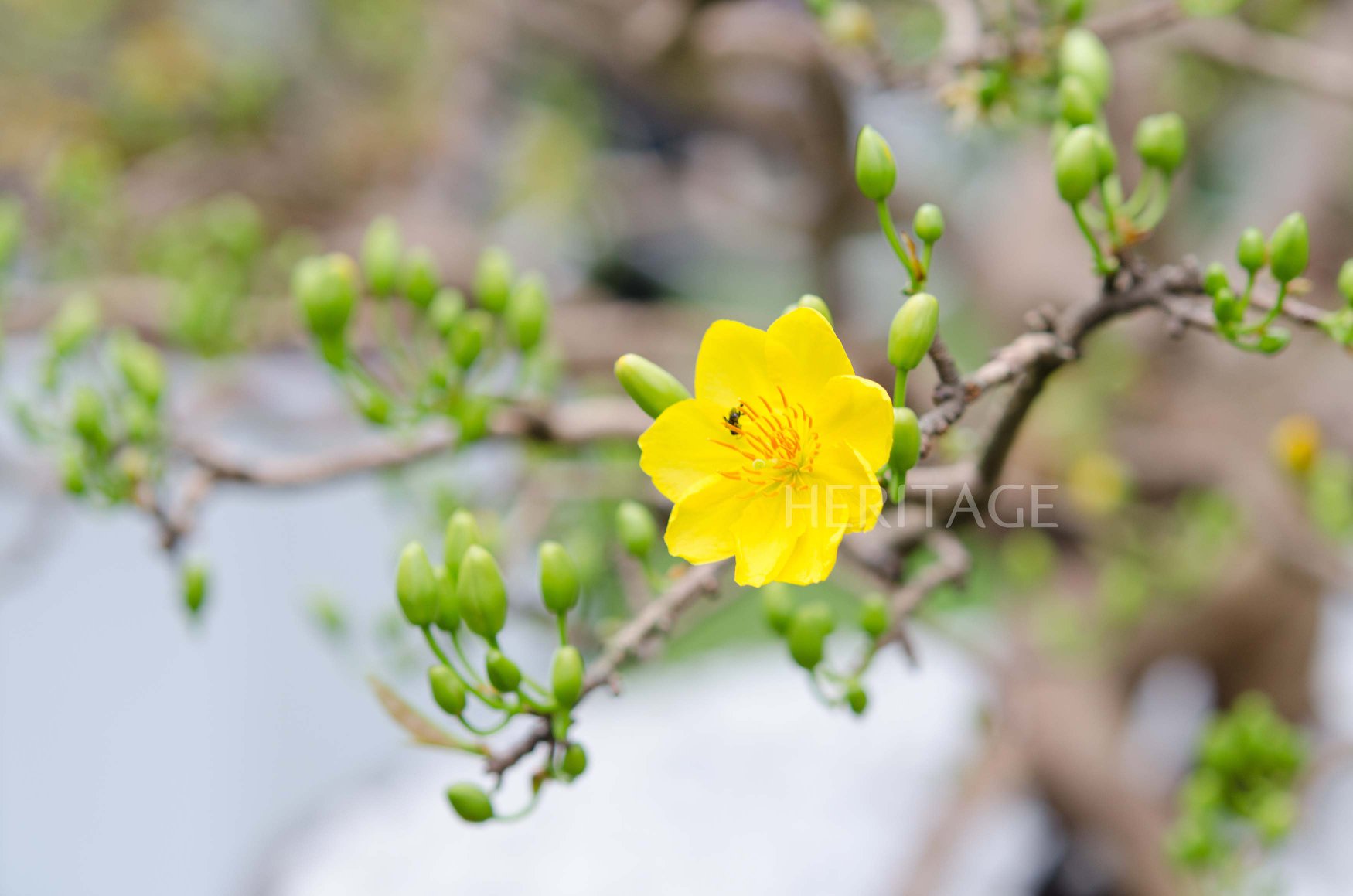














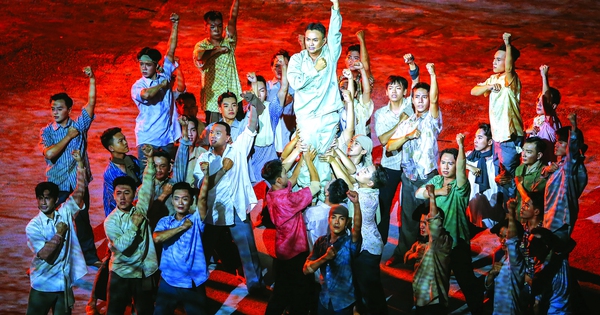

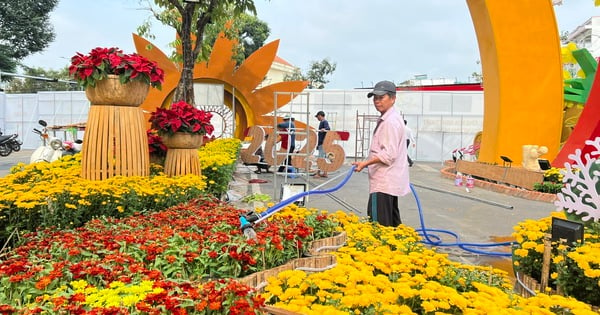
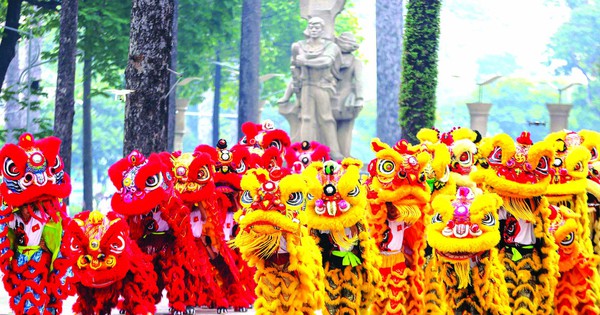
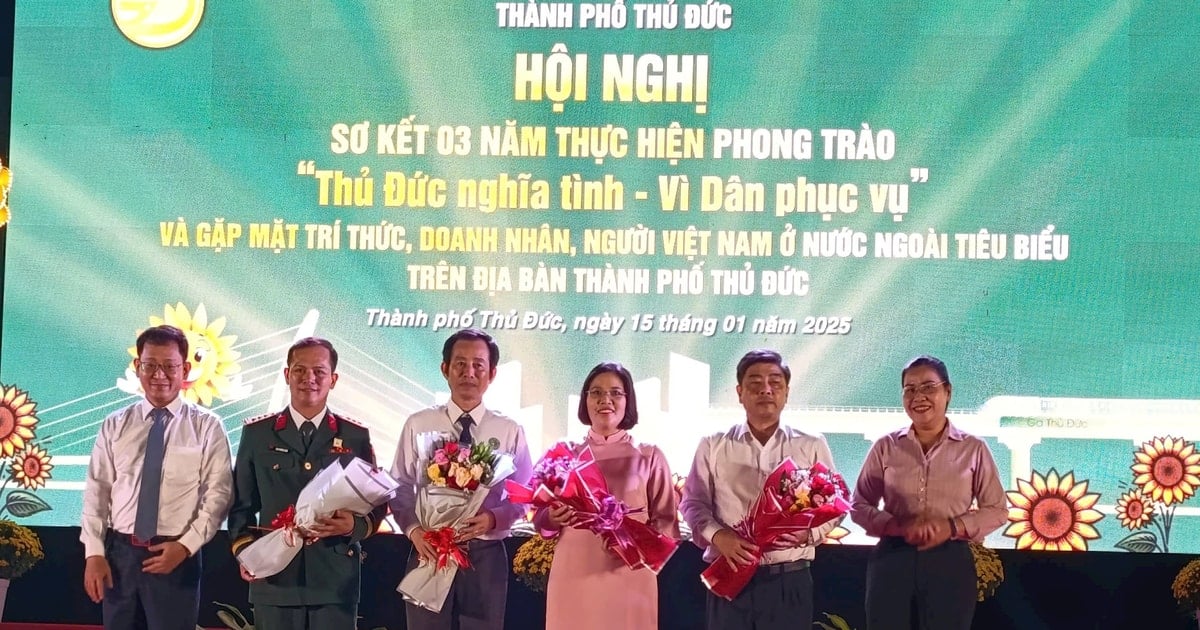

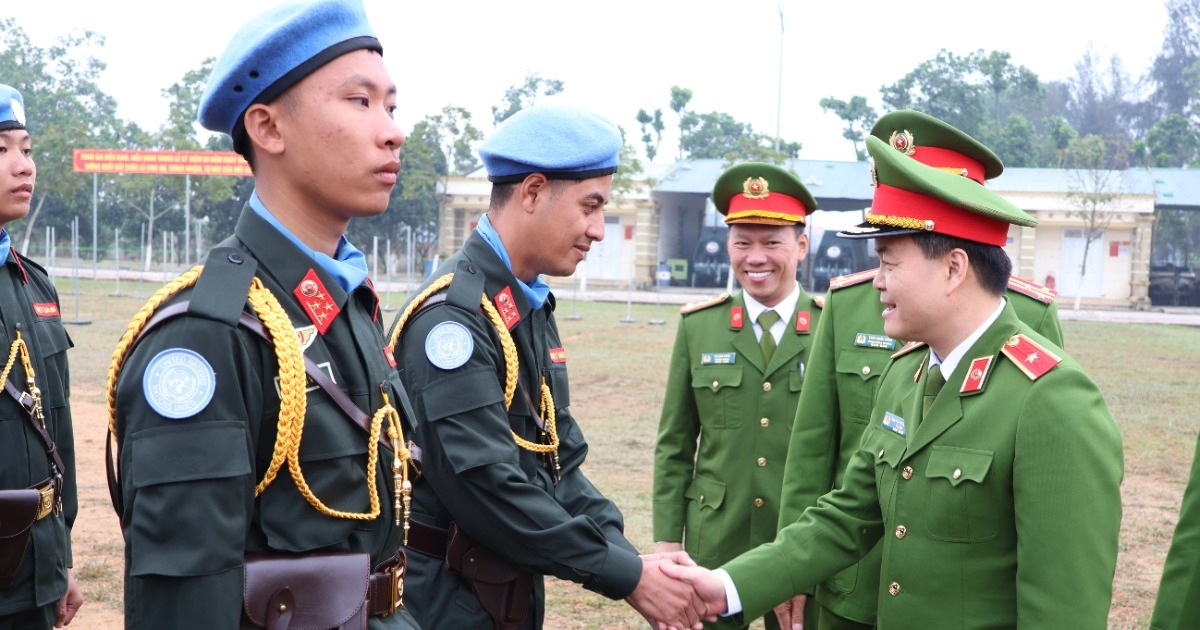












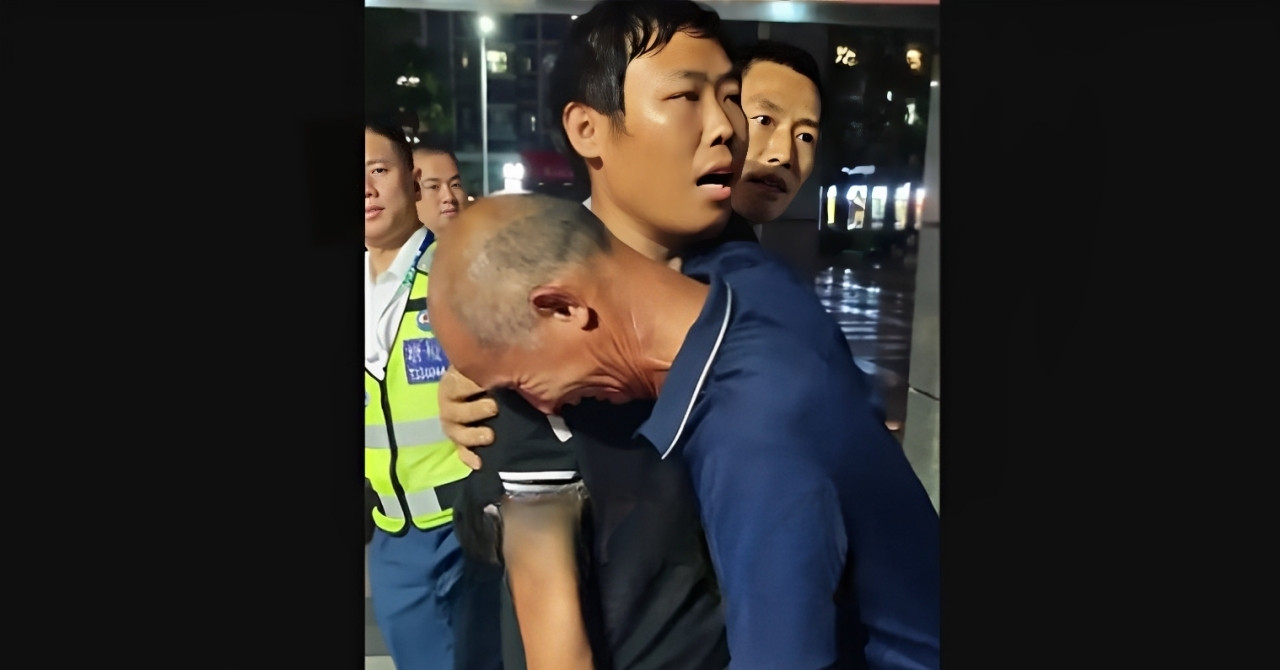

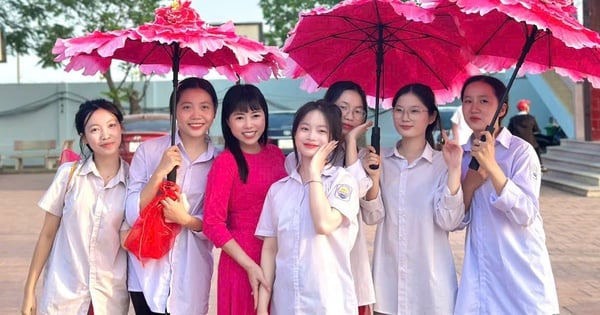

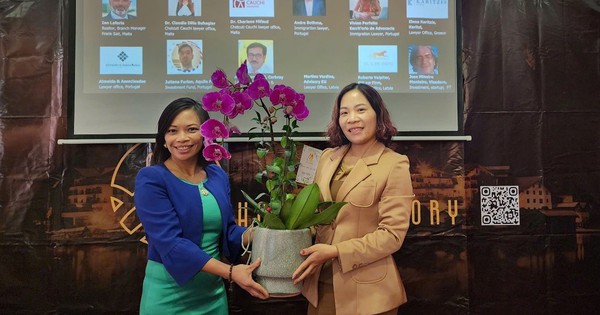

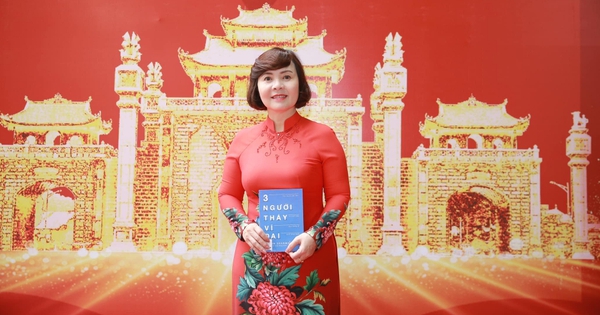





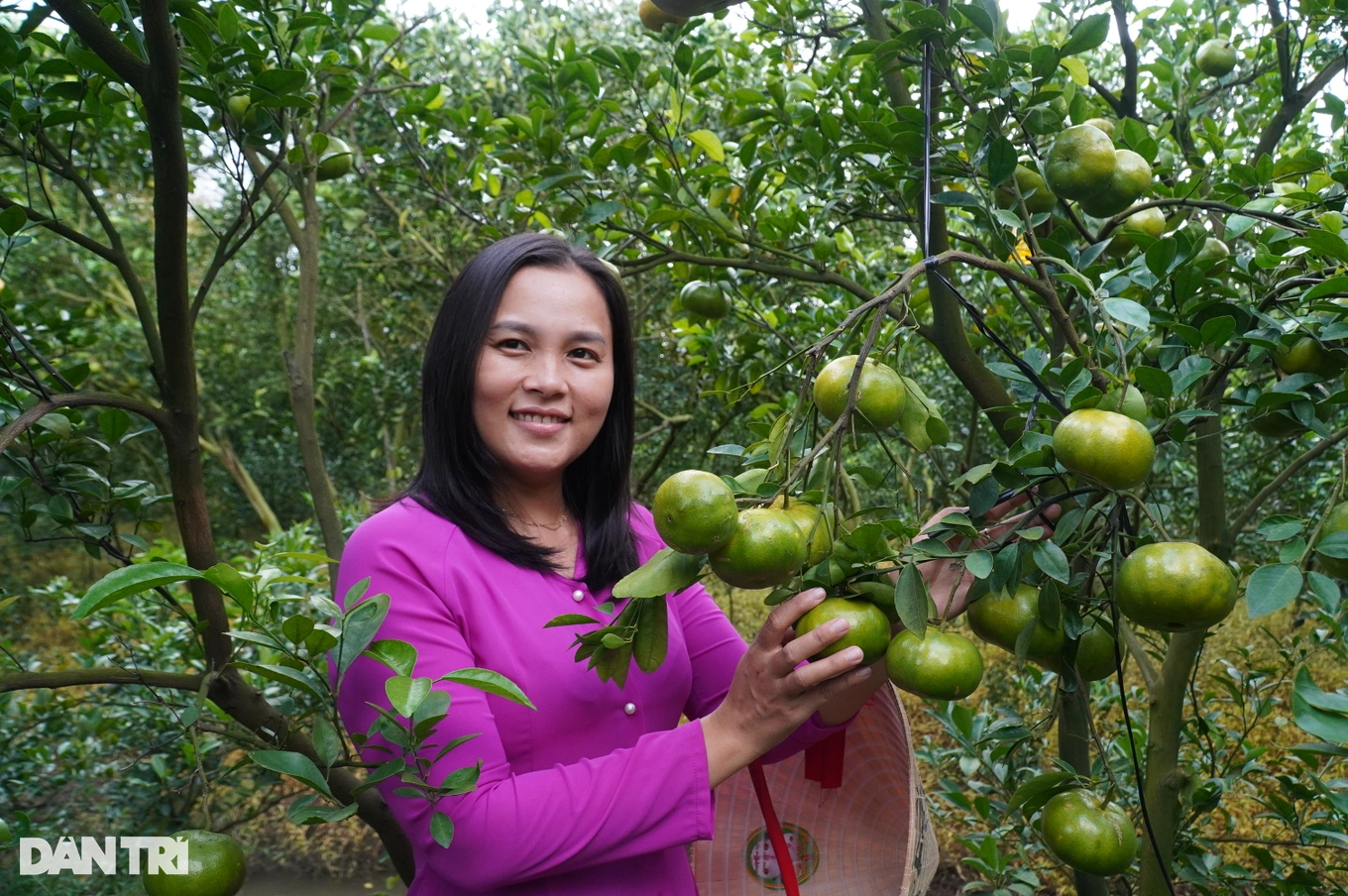






Comment (0)